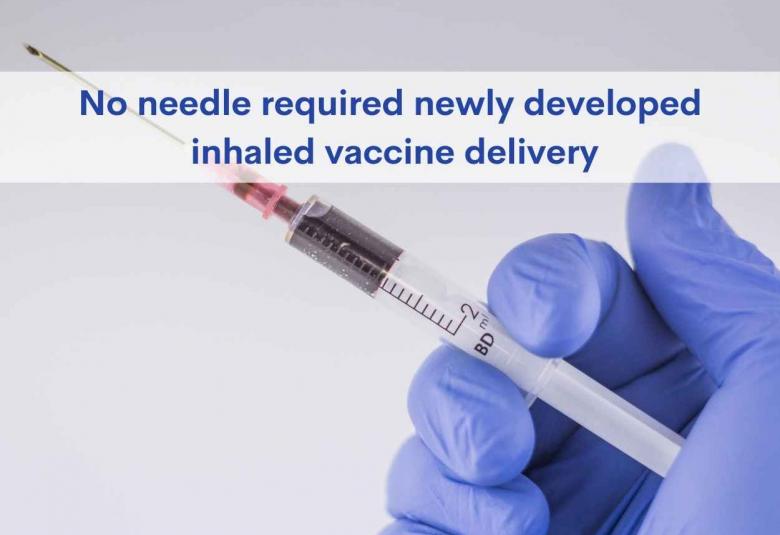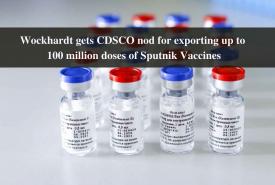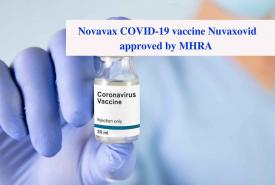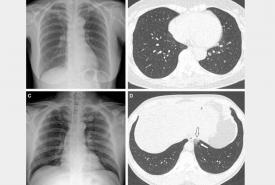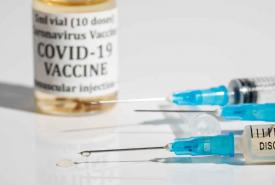No needle required for newly developed inhaled COVID-19 vaccine delivery
Scientists at McMaster University who have developed an inhaled form of COVID vaccine have confirmed it can provide broad, long-lasting protection against the original strain of SARS-CoV-2 and variants of concern.
The research, recently published in the journal Cell, reveals the immune mechanisms and significant benefits of vaccines being delivered directly into the respiratory tract, rather than by traditional injection.


